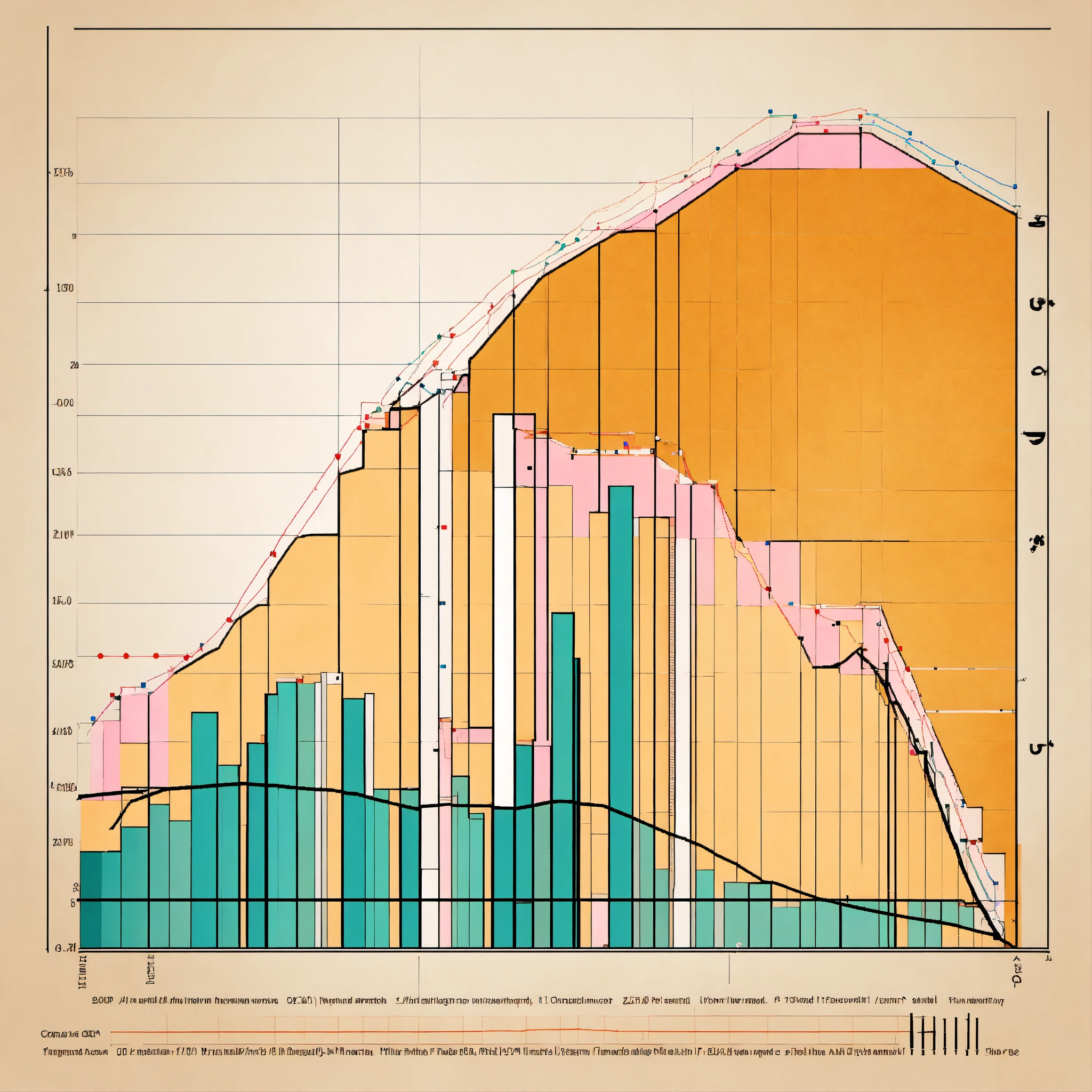The Impact of Tax Increases on Consumer Spending and Market Sentiment
When governments decide to increase taxes, it’s usually done with the intention of generating more revenue for public projects, balancing budgets, or addressing national debt. While the idea may seem straightforward on paper, the ripple effects of tax hikes are far-reaching, especially when it comes to consumer spending and market sentiment. Let’s dive into how these factors are intertwined and why the implications of a tax hike can be more significant than they first appear.
The Immediate Effect: Less Money in Pockets
A tax increase directly reduces disposable income. Whether it’s income tax, sales tax, or corporate tax, people and businesses suddenly find themselves with less money to spend.
For consumers, this translates into tightened budgets. Families might postpone buying that new car, skip their annual vacation, or even cut down on daily luxuries like eating out. The effects are more pronounced among middle- and lower-income groups, as these households typically spend a larger percentage of their income on essentials.
For businesses, higher corporate taxes may mean scaling back on investments, freezing hiring plans, or passing on the additional cost to consumers through price hikes. Either way, the economic wheels turn slower.
A Shift in Consumer Behavior
When taxes rise, consumer behavior doesn’t just shrink—it shifts. People become more cautious, prioritizing needs over wants. Luxury goods and discretionary spending often take the biggest hit, while demand for discount stores, second-hand goods, and budget services can rise.
This cautious approach has a domino effect. When people spend less, businesses earn less, potentially triggering layoffs or cost-cutting measures. It’s a cycle that can dampen the overall economy, especially in consumption-driven markets.
Market Sentiment: The Invisible Force
Market sentiment—the collective mood of businesses, investors, and consumers—plays a crucial role in shaping economic outcomes. Tax hikes can send ripples of uncertainty through financial markets.
Investors might perceive higher taxes as a sign of slower economic growth ahead, leading to reduced stock market activity. Businesses may delay expansion plans, worried about reduced consumer demand or higher operational costs.
The housing market, too, can feel the impact. Higher property taxes, for example, may discourage homebuyers or push current homeowners to sell, causing fluctuations in property values.
This wave of caution can extend to international markets as well. If foreign investors see higher taxes as a sign of an unstable business environment, they might pull out, further impacting economic growth.
Are There Any Positives?
It’s not all gloom and doom. In some cases, tax increases are paired with investments in public infrastructure, healthcare, or education, which can stimulate economic activity in the long term. For instance, better roads, schools, or healthcare facilities can improve productivity, attract businesses, and ultimately boost economic growth.
Moreover, higher taxes on non-essential items like luxury goods or harmful products (think cigarettes and alcohol) can lead to healthier consumer choices while generating revenue. But these benefits often take time to materialize and may not immediately offset the short-term challenges.
Balancing Act: The Role of Policymakers
Policymakers have a tough job. On one hand, they need to generate revenue to fund public services; on the other, they must avoid derailing economic growth. Striking the right balance is crucial.
Gradual, well-communicated tax increases, coupled with targeted relief for lower-income groups, can help ease the transition. At the same time, transparent use of tax revenue for public projects can bolster trust and soften the blow to consumer sentiment.
Conclusion
Tax increases are a double-edged sword. While they can boost government revenue and fund essential services, they often come at the cost of reduced consumer spending and dampened market sentiment. The key lies in thoughtful implementation and clear communication.
For consumers and businesses, the best approach is preparation. Understanding the potential impacts of tax policies and adapting spending habits or investment strategies can go a long way in weathering the changes. After all, taxes are one of life’s certainties—how we respond to them makes all the difference.

Post a Comment